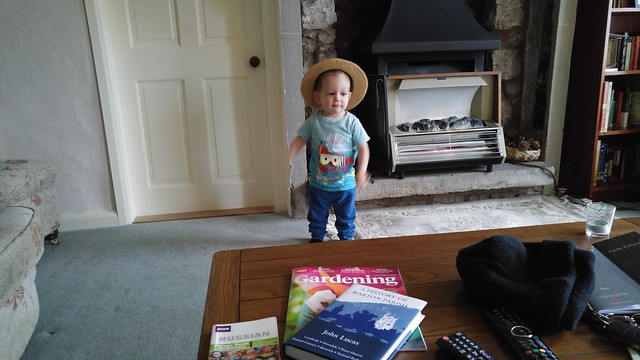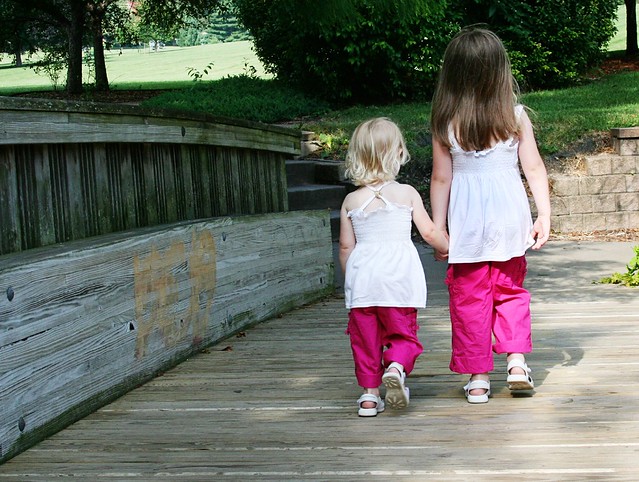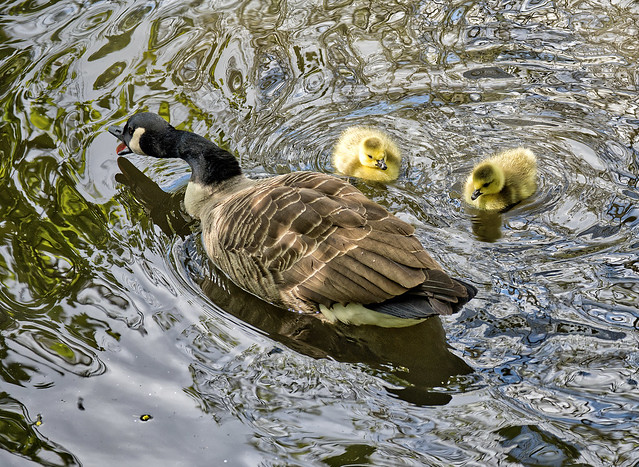Today we’re looking at the words for nephew and related people in Celtic languages.

My nephew. Mo nia. Mac my shayrey. Fy nai. Ma noy. Ma niz.
| Proto-Celtic | *neɸūss = nephew |
|---|---|
| Primitive Irish | ᚅᚔᚑᚈᚈᚐ (niotta) = nephew (sister’s son) |
| Old Irish (Goídelc) | nia [ˈn͈ʲi.a] = nephew, sister’s son |
| Irish (Gaeilge) | nia [n̪ʲiə] = nephew garneacht = great-nephew |
| Scottish Gaelic (Gàidhlig) | nia [n̪ʲiə] = nephew (sister’s son) |
| Manx (Gaelg) | neear = nephew |
| Proto-Brythonic | *nei = nephew |
| Old Welsh | nei = nephew |
| Middle Welsh (Kymraec) | ney, nei = nephew |
| Welsh (Cymraeg) | nai [nai̯] = nephew, first cousin’s son nai fab brawd = nephew (brother’s son) nai fab chwaer = nephew (sister’s son) mab nai = great-nephew naigarwch = nepotism |
| Middle Cornish | noi = nephew |
| Cornish (Kernwek) | noy = nephew |
| Old Breton | ny = nephew |
| Middle Breton | ni = nephew |
| Breton (Brezhoneg) | niz = nephew gourniz = great-nephew |
Etymology from the Proto-Indo-European *népōts (grandson, descendent, nephew), possibly from *ne (not) and *pótis (master, lord, husband) [source].
Other words for nephew:
- Irish: mac deirféar (sister’s son), mac dearthár (brother’s son)
- Scottish Gaelic: mac-peathar (sister’s son), mac-bràthar (brother’s son)
- Manx: mac shayrey (sister’s son), mac braarey (brother’s son)
See also the post about sons.
Words in Germanic language that come from the same PIE root, via the Proto-Germanic *nefô (nephew, grandson), include: Neffe (nephew) in German, neef (male cousin, nephew) in Dutch, and the obsolete English word neve (nephew, male cousin, grandson) [source].
The English word nephew comes from the same PIE root, via the Middle English nevew, neveu (nephew, grandson), the Old French neveu (nephew), and the Latin nepos (grandson, granddaughter, nephew, niece, descendent) [source].
Words marked with a * are reconstructions.
Sources: Wiktionary, Am Faclair Beag, Online Manx Dictionary, Teanglann.ie, eDIL – Electronic Dictionary of the Irish Language, In Dúil Bélrai English – Old Irish glossary, Geiriadur Prifysgol Cymru, Gerlyver Kernewek, Gerlyvyr Cernewec, Dictionaire Favereau, TermOfis, Le dictionnaire diachronique du breton, Geriafurch, English – ProtoCeltic WordList (PDF), Etymological Dictionary Of Proto Celtic









